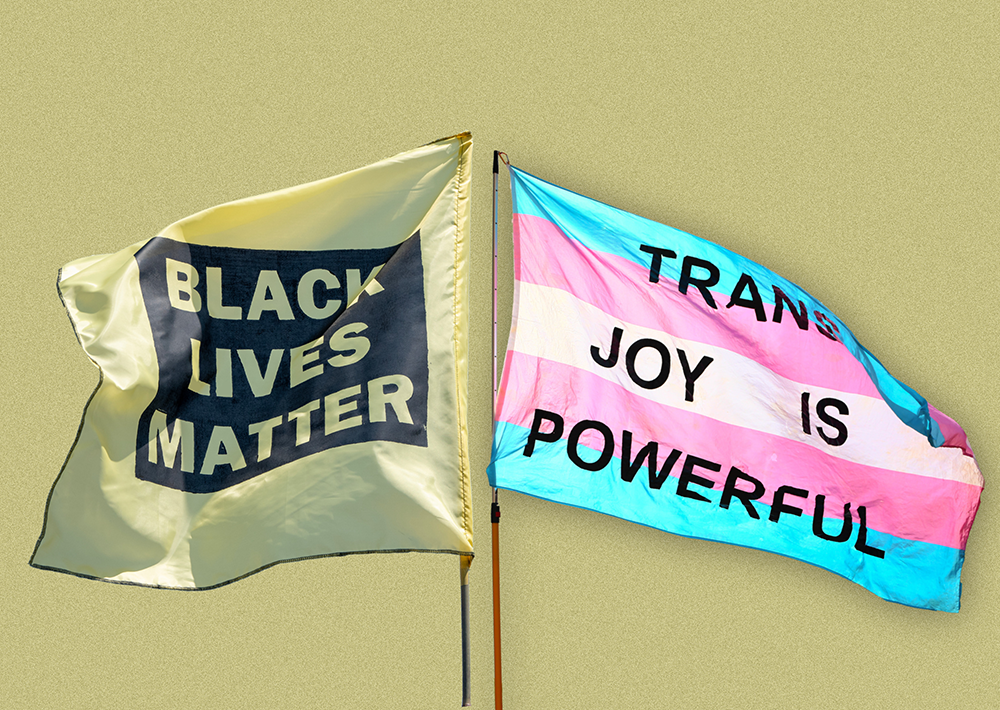I first saw America 50 years ago. I spent the summer of 1974 with my New York girlfriend. Richard Nixon resigned halfway through my trip. Gerald Ford took over. My first visit spanned two administrations. It was a different country then. Income equality in America was better in the 1970s than it is in Norway today. Throughout the 1950s, 1960s and 1970s, it was better than anywhere in Scandinavia today. Politics was grubby, but retained a discernible spine. Congress was so appalled by the slush fund which paid the Watergate burglars that it passed tough election finance laws even before Nixon went. Those laws worked. Limits were imposed. Ten years later, Ronald Reagan won his 49-state re-election without holding a single fundraiser. The laws were toughened still further as late as 2002. Then they were smashed completely in 2010 with the Supreme Court’s Citizens United decision, which held that the First Amendment prohibits the restriction of campaign expenditure. Thirty years of relentless bribery had paid off. Unlimited money was allowed. Talk radio and cable news delivered relentless propaganda. Now politics no longer exists in America. It has been replaced by a permanent kulturkampf so toxic, psychotic and deranged that it’s impossible to believe unless you live here and suffer it every day. The rest of the world thinks it’s bad here. They have no idea.
And now we approach the November election. Kamala Harris is a breath of fresh air, enthusiasm is high and polling looks good. If you could X-ray everyone’s brain on election morning, you would conclude that Harris would win big. But she won’t. The process has been corrupted by partisan placemen at state and county levels. Areas with Democratic tendencies have been robbed of polling stations. Twelve- to 14-hour queues are inevitable. Armed vigilantes will no doubt police those queues. Shadowy commissioners are empowered to certify the returns. Or not, as they alone see fit. Harris will need a huge margin to survive the erosion her votes will face. Even if she gets one, it won’t be over the next morning. There will be riots, gunfire and dozens of lawsuits heading speedily upward to the Trump-packed Supreme Court. It won’t be over by 6 January, or 20 January. There never was an ‘American Century’. The America of our popular imagination lasted just half that, from, say, 1930 until 1980, and it’s long gone now.
Obviously, being a novelist is the perfect work-from-home job. In the old days all I needed was a post office within driving distance; now, like everyone else, all I need is the internet. Writing tends to be a second-phase career, so novelists tend to be older, their kids grown up. Which means the home from which they work is probably just them and a partner. Maybe just them. No real ties to where the home is, except habit. Curiosity can be stronger. What would it be like to live somewhere else? First we tried a somewhat bohemian outer suburb of New York, then two years in France, then an apartment next to the Flatiron building, then a farm in Sussex, then a grand apartment on Central Park, then a ranch in Wyoming and a house in Colorado. The only constant was a New York City base, but even that is subject to curiosity. What would it be like to live in a brownstone townhouse? So I sold the Central Park apartment – eventually. I’ll tell the story, because dealing with it made me feel British again. The NYC Department of Buildings has a new database that reveals everything. Apparently 20 years ago someone remodelled my apartment and planned for a gas dryer in the laundry room. Then, still in the planning stage, they changed their mind to electric, and forgot all about the gas. But by then the gas permit had been obtained and, because they forgot all about it, had never been ‘closed out’ on completion of the work and showed up in the records as still active. I had to deal with it before I could sell. I arranged a city inspection, and I showed the guy that there was no gas connection. He agreed there wasn’t, but said the permit was so old it couldn’t be closed now. I would have to apply for a new permit. For something I didn’t want and wasn’t going to install? Yes, he said, and then have another inspection to prove it wasn’t there.
So if it all goes bad in November, maybe I’ll tie the above thoughts together. It’s easy for a novelist to move, and I’m too old and too tired to deal with the tsunami of crap that would be coming our way. What would it be like to live in Britain again?
Lee Child’s latest collection of short stories, Safe Enough, is out on 29 August.







Comments